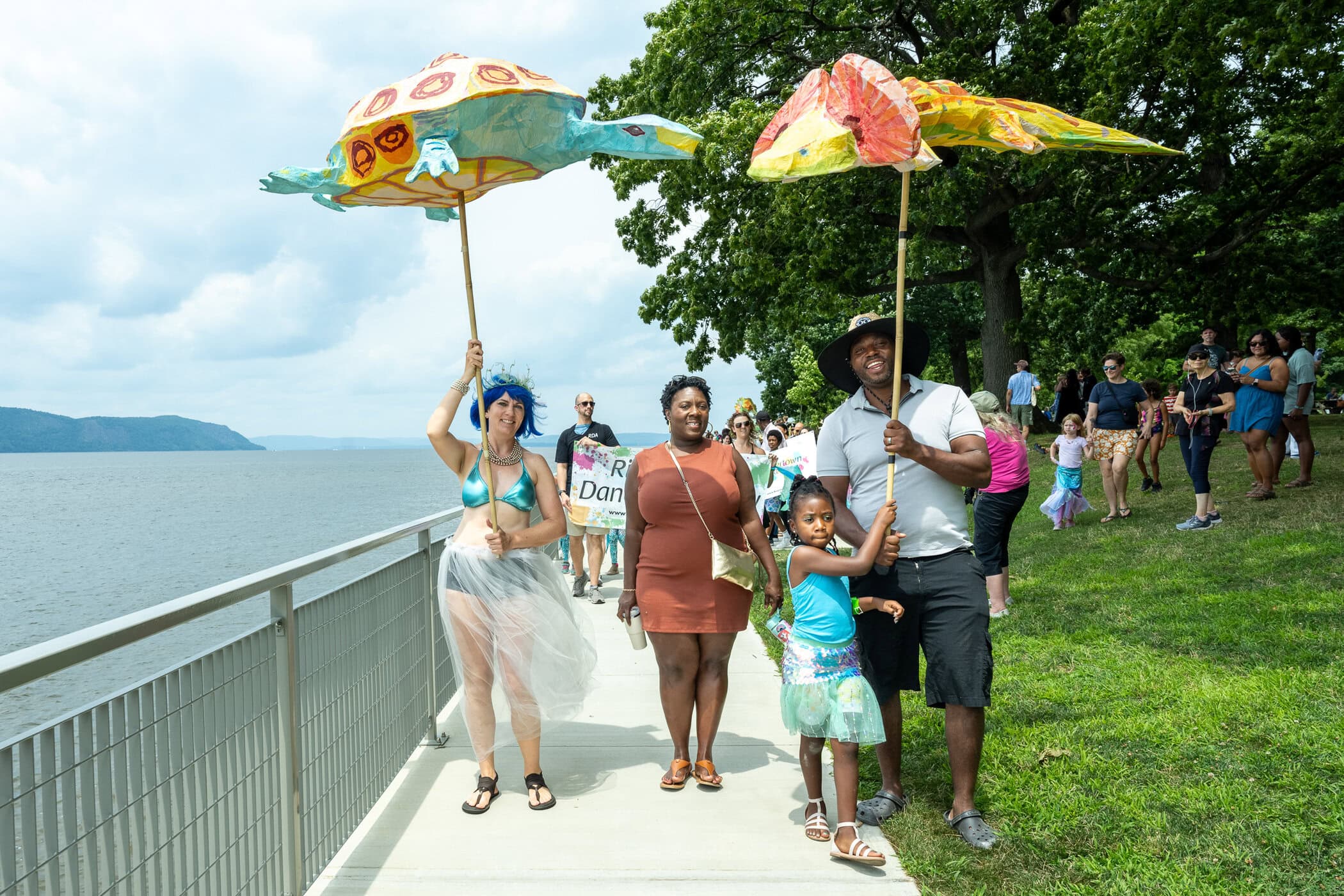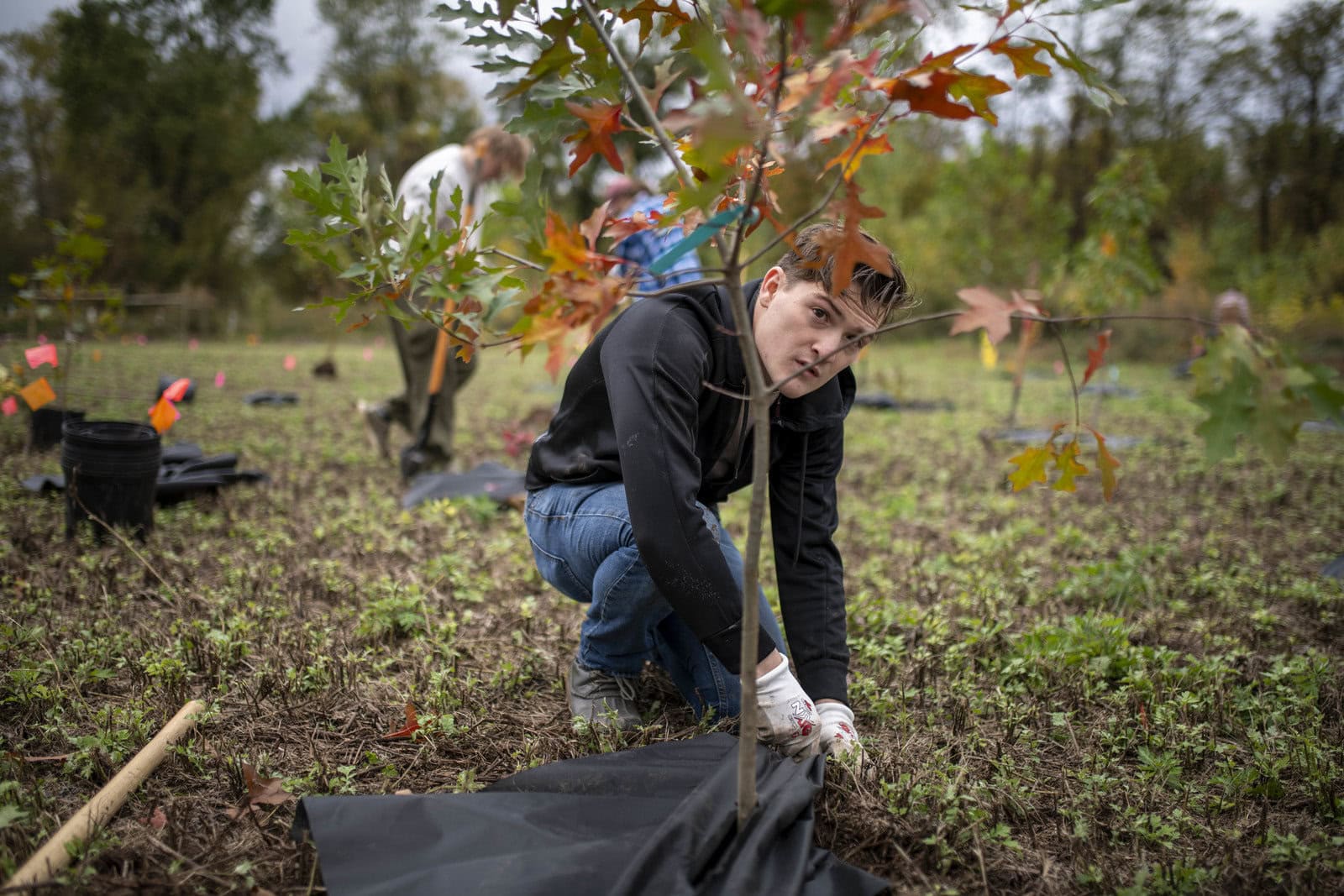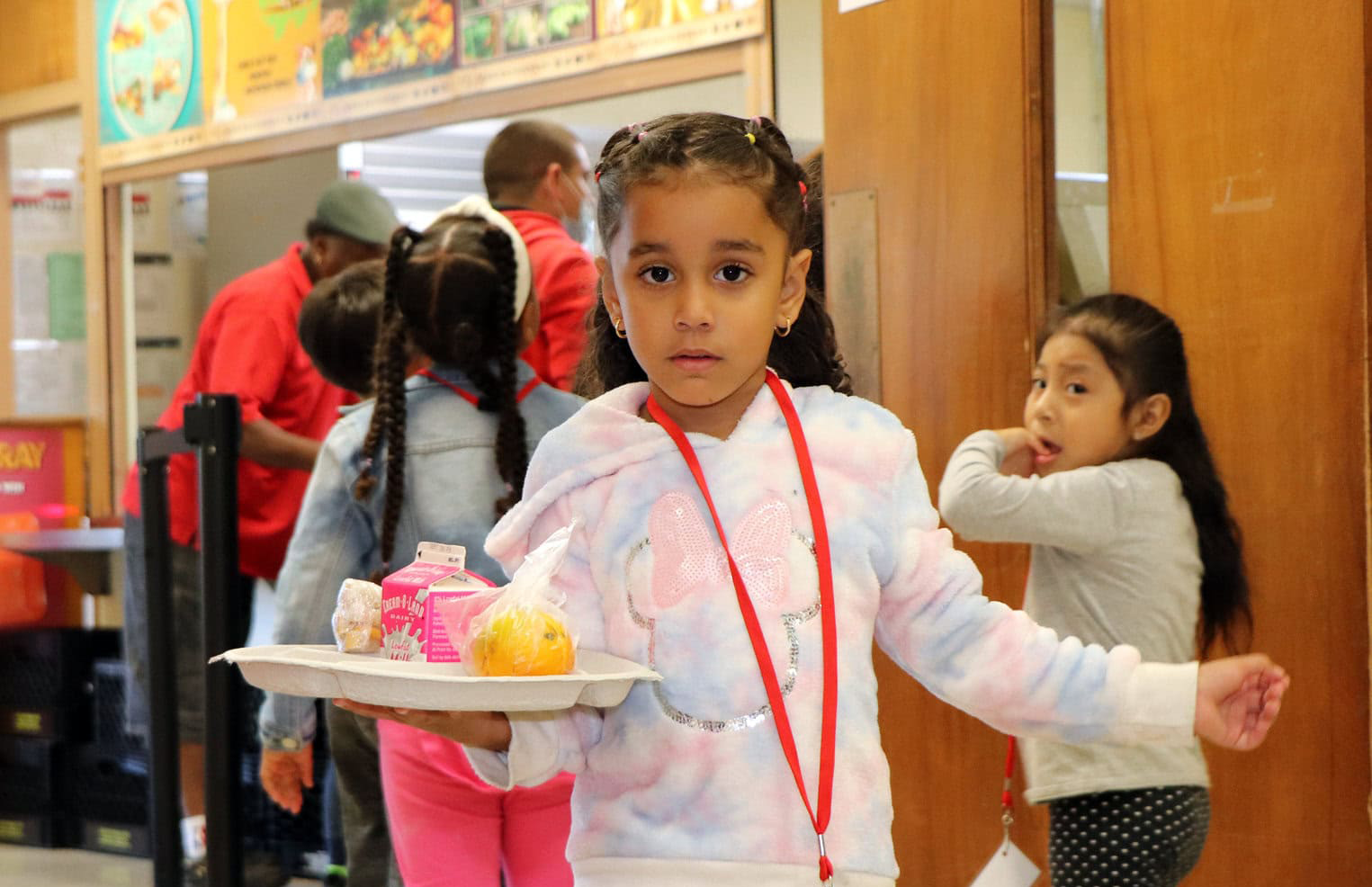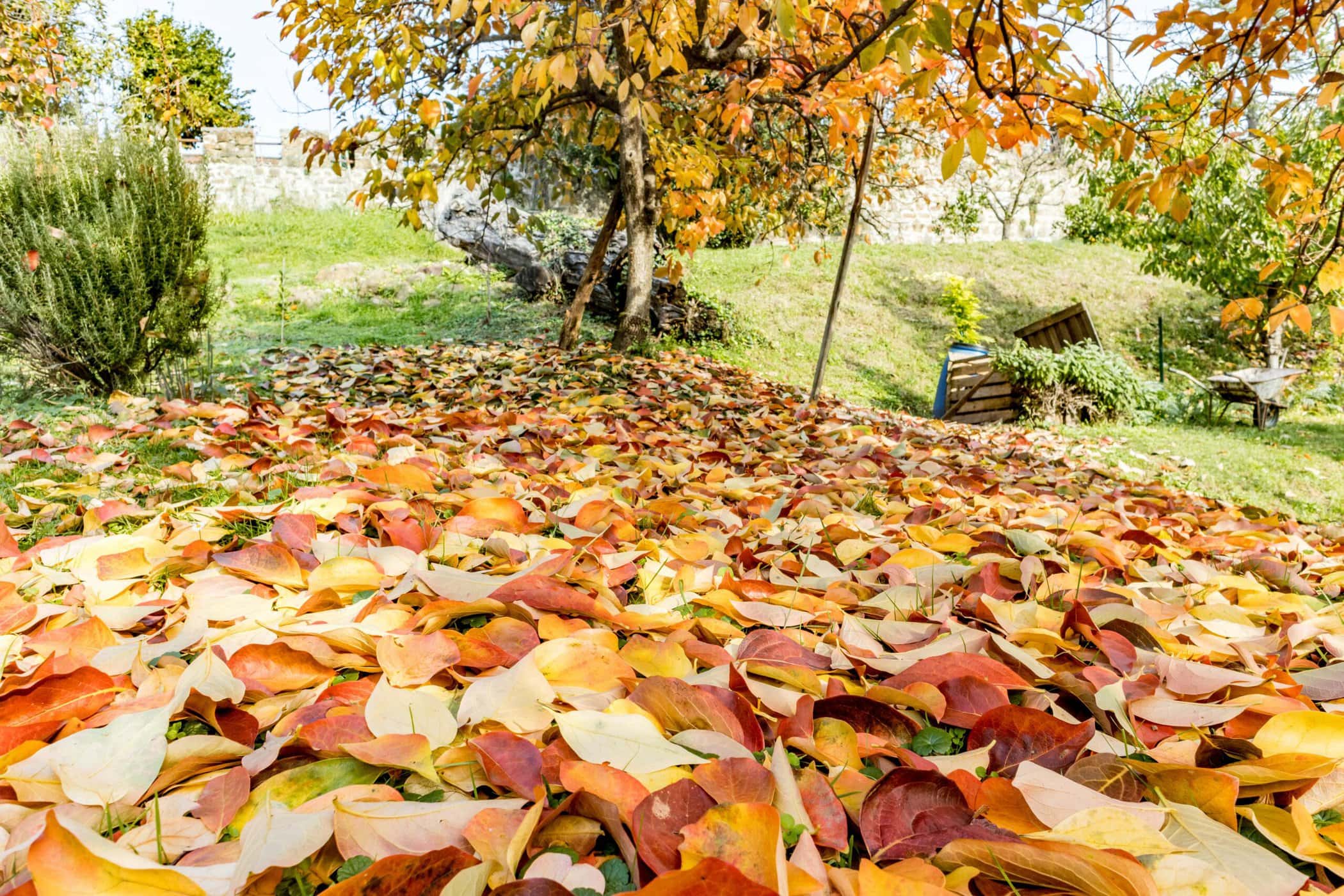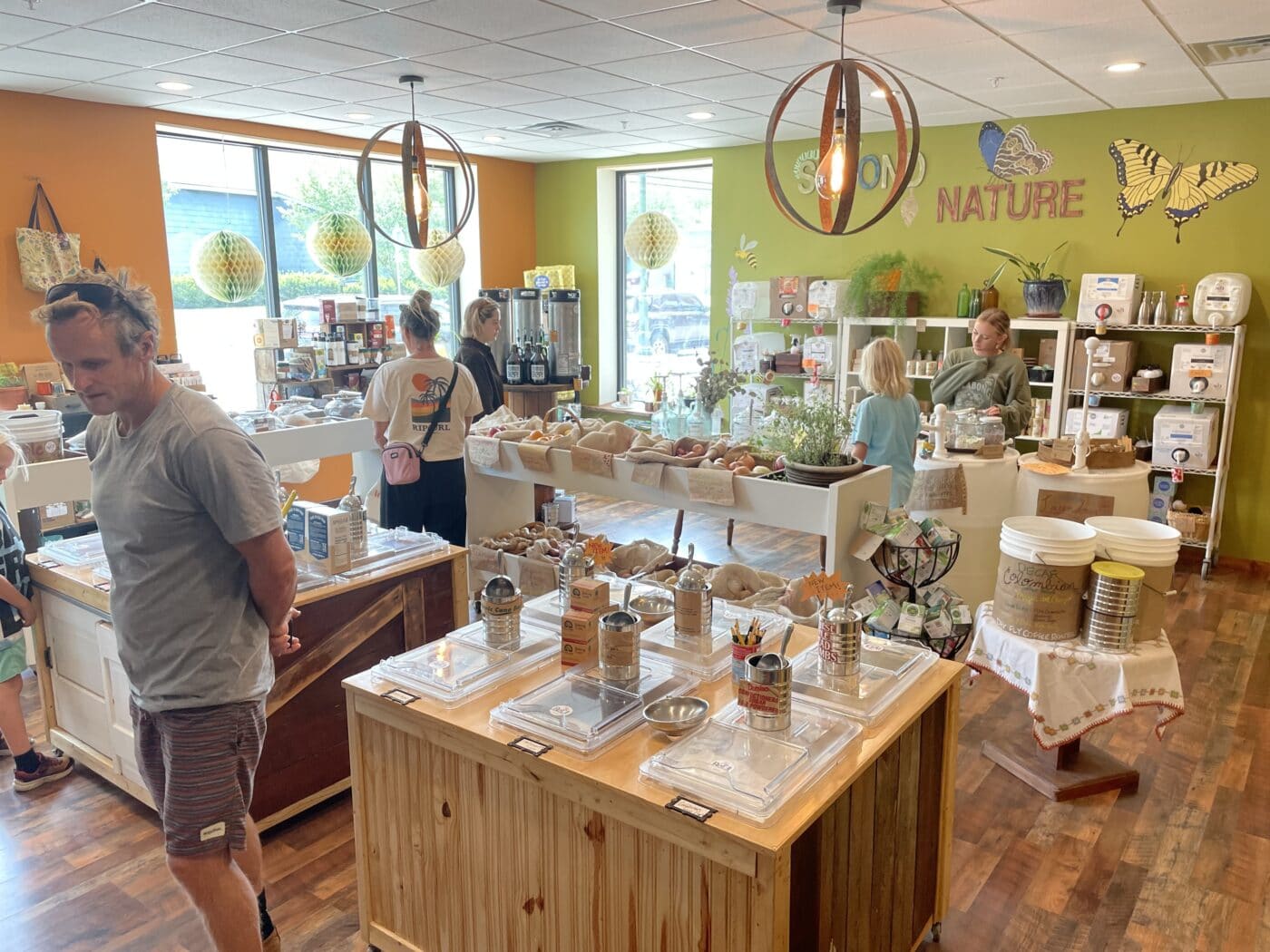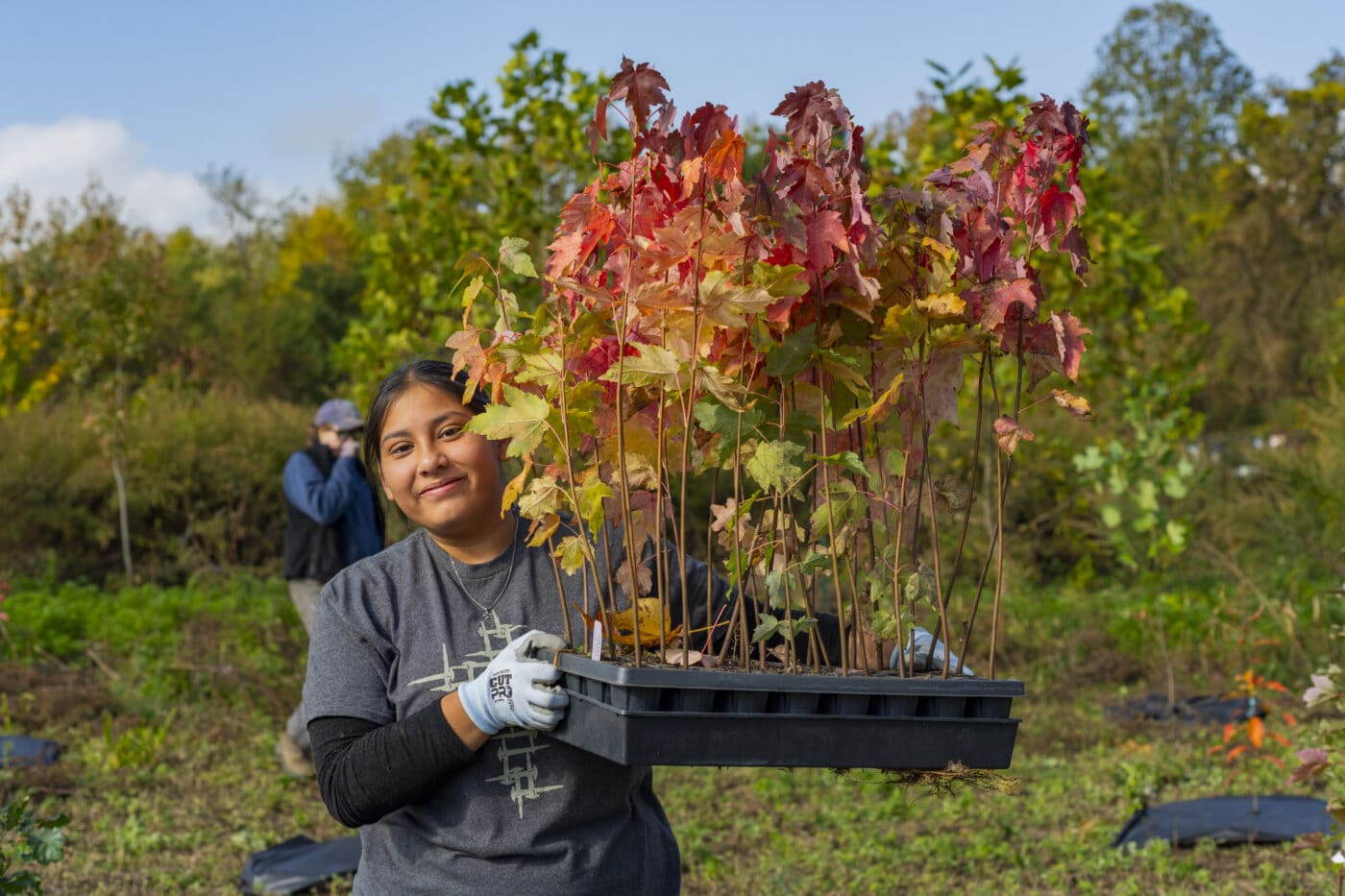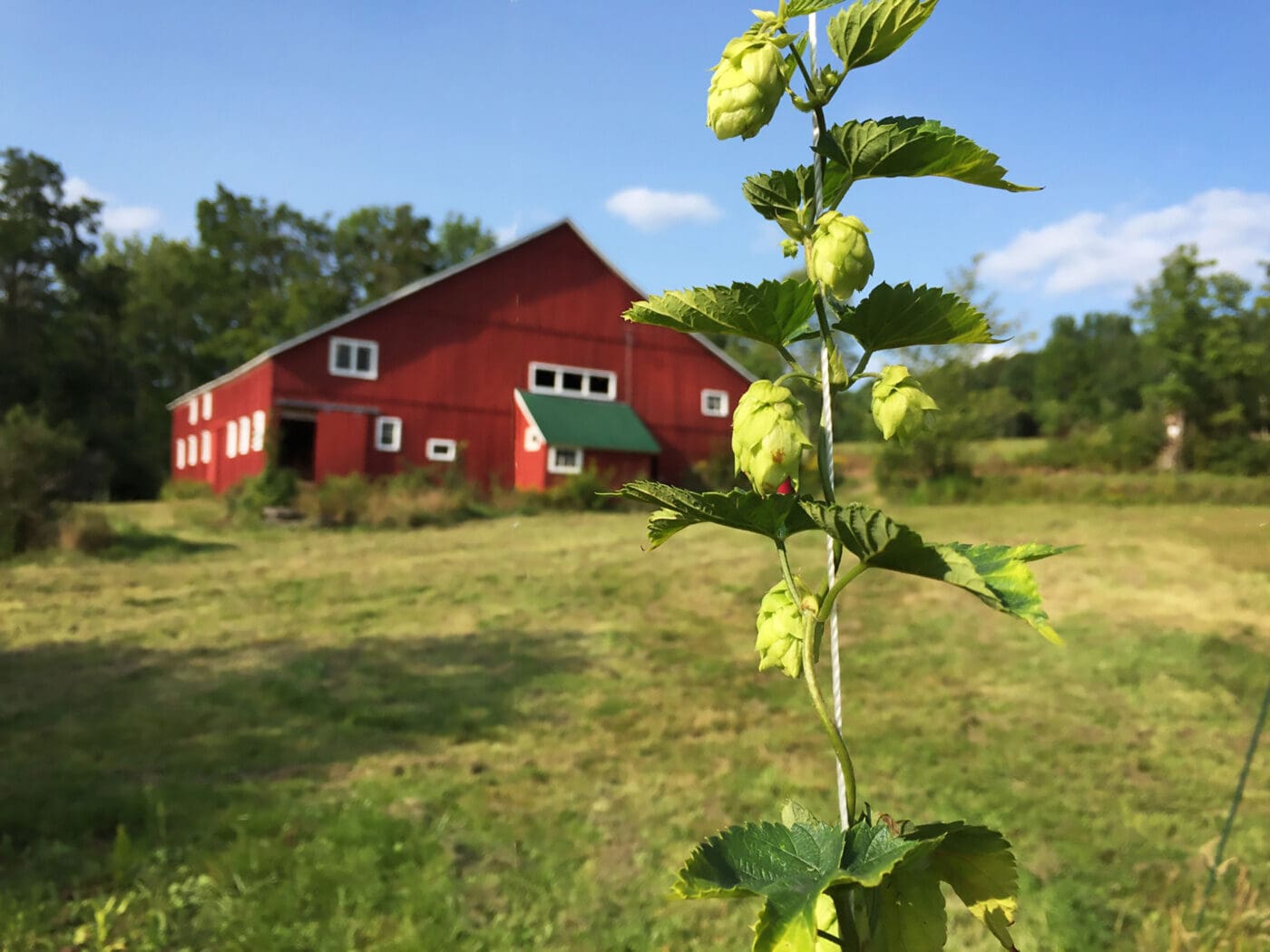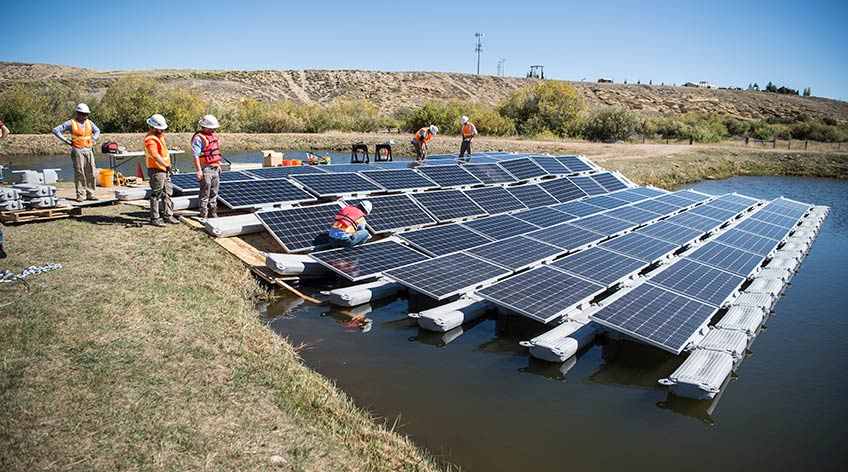The coffee and tea aisle of Mother Earth’s Storehouse in Kingston holds a brew that doesn’t quite fit in either category. The pouch of Lion’s Brew isn’t a coffee or a tea brand at all, but part of a growing set of drinks aimed at replacing your morning cup of joe.
Alternative, or beanless, coffees like Lion’s Brew use a differentiated set of ingredients to replicate the taste and ritual of making a traditional brew, but with added health and sustainability benefits. They’re not to be confused with tea — they’re brewed like coffee rather than steeped like tea, often using some type of grounds. Not only do these drinks provide an analog to a morning latte or afternoon cortado, but many brands are positioning themselves around offering an eco-friendlier option than the beloved beans native to equatorial climates.
A growing number of beanless and even caffeine-free coffee alternatives have been hitting the market, some in the Hudson Valley and others far beyond. Early adopter MUD/WTR was launched from Los Angeles in 2018 with a functional blend of powdered mushrooms, cacao, and chai. Brands like Minus Coffee and Kamana are using sustainably grown ingredients like date pits and mesquite wood for their alt coffees.

Poughkeepsie-based Lion’s Brew was launched in 2020 when the early days of the pandemic were taking a toll on everyone’s psyches. Lion’s Brew founder Elizabeth Ofca found herself and family members struggling with increased anxiety and insomnia. Her mother, who had come to stay with her during lockdown, suggested a family recipe passed down from her Greek grandparents for a caffeine-free coffee alternative.
“When my mom was a little girl during World War II, she was living with her grandparents,” Ofca says. “They would go out and harvest dandelion roots in order to make coffee because it was being rationed at the time.”
Determined to make her own, Ofca worked with her mother to make a blend using dandelion roots, chicory roots, carob, MCT oil, maya nuts, maitake, and lion’s mane mushrooms. The result, Lion’s Brew, proved to help reduce their stress while providing a similar flavor and experience to coffee.
A bonus consequence of the new product was that it didn’t rely on an agricultural commodity impacted by warming temperatures and deforestation. Central and South American countries like Guatemala, Brazil, and Colombia produce a significant amount of the coffee consumed in the U.S., much of it grown by small shareholder farms who are seeing yields go down. Additionally, rainforests and mountainous ecosystems are increasingly being destroyed to make way for new coffee farms as demand grows.

Lion’s Brew is a “more sustainable choice than coffee,” Ofca said, using key ingredients — dandelions, carob, and chicory — that are sustainably farmed in Europe and not impacting deforestation in equatorial regions. Ofca previously had a ticker on the Lion’s Brew website showing customers that every cup of her product saved nearly a hectare of rainforest from deforestation. Although it was informative, the ticker wasn’t driving sales as much as health motivations were.
Another recognizable alt coffee in the New York area is food technology outfit Atomo, which started as a canned, beanless brand that launched in 2019. Since its early days, it has pivoted into a ground format found initially in Gumption Coffee locations in NYC.
It has since expanded into all Bluestone Lane cafe locations across the country. Some of the demand for these products is coming from consumers asking for a format that can be brewed just like coffee in a machine, pour-over, or French press.
Like Atomo or Lion’s Brew, a cup of Alabama-based FigBrew is made just like its beaned cousin but uses another beanless alternative to wartime rationing: ground figs. The brand mixes its figs with cacao or chai spices to make a functional drink that also boasts sustainability. “Figs have been grown for thousands of years in the Mediterranean by people who earn an honest wage,” co-founder Andy Whitehead says. “From an environmental standpoint, the crop uses 1/8 the amount of water and 1/13 the carbon to produce an equivalent cup of traditional coffee.”

Yet like Lion’s Brew, FigBrew has found that sustainability is secondary to its buyers. New drinkers are most interested in working around the negative health effects of caffeine and the high acidity of coffee. The coffee-reminiscent flavor and mouthfeel of the fig-based drinks is what brings customers back, along with a more affordable price point.
Everything is connected. From the hotter summers and colder (and drier) winters in the Northeast to devastating weather like droughts and hurricanes in coffee-growing regions, changing weather patterns are impacting yields and store prices. Coffee’s per-pound price was at a 10-year high in February and will likely not go down significantly in the near future.
“People love the thought of sustainability, but they would more likely pull out their pocketbook on the basis of health, because it is a short-term goal with somewhat immediate returns,” says Whitehead. “You see sustainability make an impact on buying when it raises the price to the customer.”



